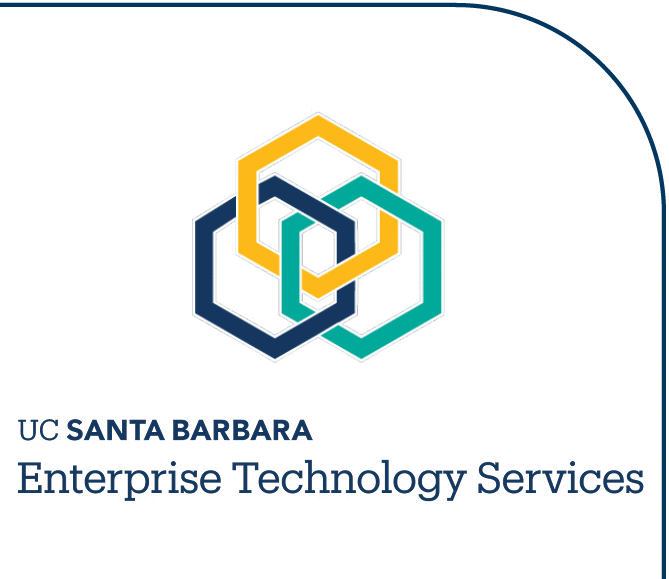|
|
TAC Potential Agenda Items |
August 30, 1995
The following list of potential agenda items was prepared by the staff of
Communications Services. The items are not listed in priority or chronological
order, but the first two items will most likely be on the agenda of the
committee's first meeting.
- Presentation by Communications Services' staff on the current telephone
system, reasons for moving to a new system and tentative schedule for
implementation of the new system.
- Communications Services' plan to meet requests for
new telephone lines after January, 1996.
- Review of the results of the interviews of departmental representatives to
determine their telephone needs.
- Presentations from vendors of telephone switches on the features,
capabilities and limitations of current technology. Prior to the presentations,
the committee should have a presentation by Communications Services' staff on
the emerging applications and standards (e.g., Computer Telephony Integration,
TAPI, TSAPI and TMAP) that support the interoperability of telephone switches
and personal computers.
- Decide if the residents of UCSB housing should be supported by the new
system. If so, this would be a large commitment of capital, so we should
develop a recommended policy statement stating that if residents want telephone
service they can obtain it only via the campus telephone system (and not from an
off-campus vendor). Decide if we should continue to have differential rates for
business and residential telephone service.
- Identify the unique telecommunications requirements of Housing &
Residential Services, especially Conference Services' requirements.
- Decide if we should eliminate or include Centrex as an option in the RFP.
- Discuss the implications of using a monolithic architecture versus a
distributed architecture, including space requirements, personnel time needed to
maintain each type of architecture and potential cost of reconfiguring the
underground cable plant.
- Should the new system support data communications extensively, or only
incidentally?
- Should the new system support switched video communications for distance
learning and collaborative computing?
- Should we hire a consultant to assist in the development of the RFP and
selection of the new system?
- Should we visit or consult with other UC campuses or other universities to
gain insight into their directions for communications systems?
- Discuss the potential implications of pending legislation (e.g., House of
Representatives bill 1555) and Public Utility Commission orders on open
competition for telecommunications in the future.
- Discuss the implications of acquiring proprietary digital telephone
instruments compared to staying with conventional analog instruments.
- Discuss the intended life cycle of the new system, especially the impact
on recharge rates, the cost of system upgrades and the possibility of being
locked into a specific technology depending on if we use an extended life cycle
(10-15 years) compared to a "standard" life cycle (7-10 years).
- Communications Services' budget includes at least 2.0 FTE to handle
recharge billing. Should our current recharge rate philosophy be continued or
should it be modified in some way (recharging for the telephone line, local
calls and long distance calls versus some or complete core funding) when the new
system is implemented?
- Should expansions of the underground cable plant to support new buildings
continue to be recharged to the building's budget or should the expenses be
assumed in the telephone cost center operating overhead?
- What functions that Communications Services now performs can and should be
"outsourced" to other departments or off-campus vendors (e.g., adding
new telephone lines by departmental or college personnel, or billing services
performed by the telephone system vendor or other commercial organization).
Would outsourcing of services improve or degrade the costs to departments and
the elapsed time to complete work?
- Should campus departments, colleges or divisions be allowed to acquire and
operate their own telephone systems or should telephone service remain a
centralized utility?
- Do we want to consider the use of personal computers as telephone systems?
- Discuss whether or not the new system should be used to extend service to
all members of the campus community (faculty, students, staff, affiliates) in
their residences off-campus as a way of increasing revenue to the campus.
PTV
|
|
|
|
| |
|
|
|
|
|
|
|

